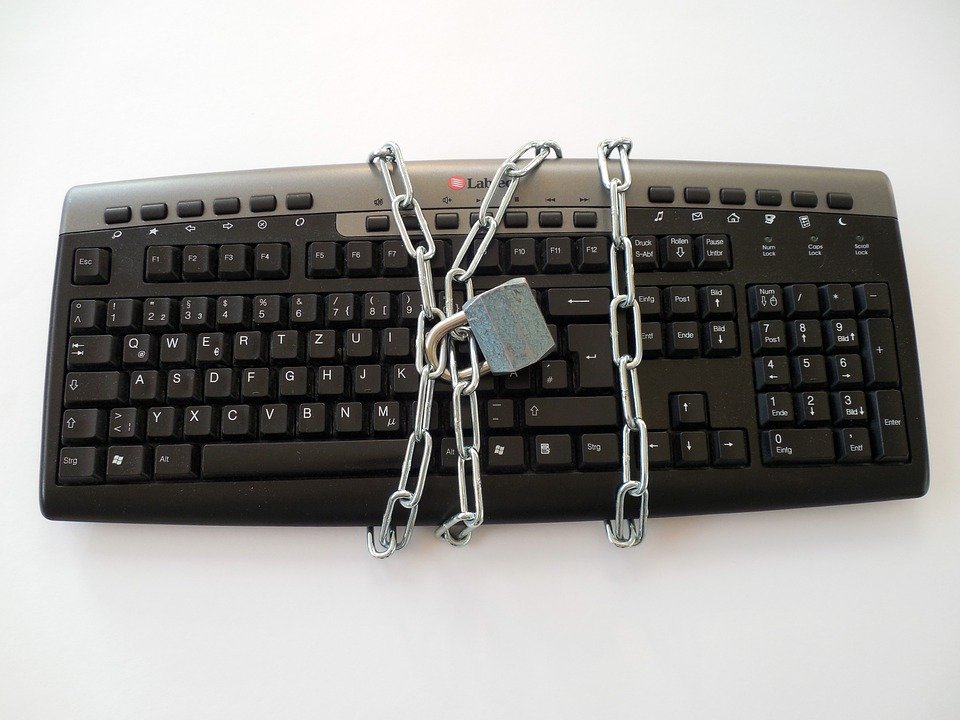Business
How to safeguard your personal data online
As technological advancements develop at a much faster rate than ever, how can you boost your digital security for your peace of mind?

From the recent Facebook data breach to compromised customer data at huge companies like FedEx and Delta, digital security of personal information is more relevant than ever.
In fact, it might even seem that our data is under attack!
While you can’t always prevent data security issues, here are 12 ways to help you protect yourself in this fast-moving digital age:
1. Stop sending sensitive information digitally
This may seem like a no-brainer, but many people email tax documents to their accountant, or text a password to a family member in a pinch.
2. Beware of public Wi-Fi
Anything you send in a coffee shop or airport can be intercepted by someone on the same network. Consider using a VPN (Virtual Private Network) when you’re out and about.
3. Secure your texts
Whether you use a free app like WhatsApp or a paid Android or iOS solution, there are lots of end-to-end encryption options, ensuring only you and the recipient see messages.
4. Stay up to date
If you don’t, you could be at risk for malware, viruses and cybercrime attacks. Make sure your operating system and software are updated—many devices do this automatically.
5. Worry less about wireless
Secure your wireless network with a password so nobody can jump onto your Wi-Fi network and steal info.
6. Be cautious of clever email scammers
Today’s phishing emails can have links that lead to realistic-looking websites. Never give out passwords or other sensitive info by email, text or phone unless you’re sure that you’re talking to the actual organization. Protect your business from cyber crime.

Protect your laptop with a password to limit both data and user accessibility. (Source)
7. Lock down your laptop
Make sure your laptop requires a password when it boots up. That way, if it gets stolen or prying eyes try to access your device, they’ll be stopped before they start.
8. Wipe out data
If it’s time for a new laptop or smartphone, make sure your data isn’t hanging around. Once you’ve backed up any data you need, use a software program to permanently erase your hard drive.
9. Choose security questions wisely
Avoid using common words in your passwords. Period. Google estimated someone would have a 19.7 percent success rate answering “pizza” to “What’s your favorite food?” Customize questions or pick harder ones to guess.
10. Avoid sites that aren’t https
Https stands for “hypertext transfer protocol with secure socket layer” (otherwise known as having a SSL certificate.) Sites without an “s” on the end are not secure if you are being asked to make a purchase or submit private/sensitive data that could get intercepted.
11. Pay attention to privacy settings
Choose who can see the content you post on sites like Facebook and Instagram, and who can view your profile.
Opt for the highest level of privacy possible but be aware that some settings will prevent potential clients from seeing your posts, so find a happy balance that won’t sacrifice your social media marketing efforts!
12. Backup your data
If your device gets stolen or compromised, what happens to that work report or your niece’s baby photos? Schedule automatic backups through your operating system or a cloud service.
While even the biggest and brightest companies can be hacked or otherwise attacked, these online security tips can help you reduce some of the risks.
Also, if you’re hiring a web professional developer to help with your business, make sure they’re well-aware of current security issues.
—
DISCLAIMER: This article expresses my own ideas and opinions. Any information I have shared are from sources that I believe to be reliable and accurate. I did not receive any financial compensation in writing this post, nor do I own any shares in any company I’ve mentioned. I encourage any reader to do their own diligent research first before making any investment decisions.

-

 Crowdfunding1 week ago
Crowdfunding1 week agoSpain’s Real Estate Crowdfunding Boom: Opportunity, Access, and Hidden Risks
-

 Fintech6 days ago
Fintech6 days agoDruo Doubles Processed Volume and Targets Global Expansion by 2026
-

 Impact Investing2 weeks ago
Impact Investing2 weeks agoIntesa Sanpaolo’s 2026–2029 Growth and ESG Strategy
-

 Business3 days ago
Business3 days agoTopRanked.io Weekly Affiliate Digest: What’s Hot in Affiliate Marketing [Health Trader Affiliate Program Review]

























You must be logged in to post a comment Login